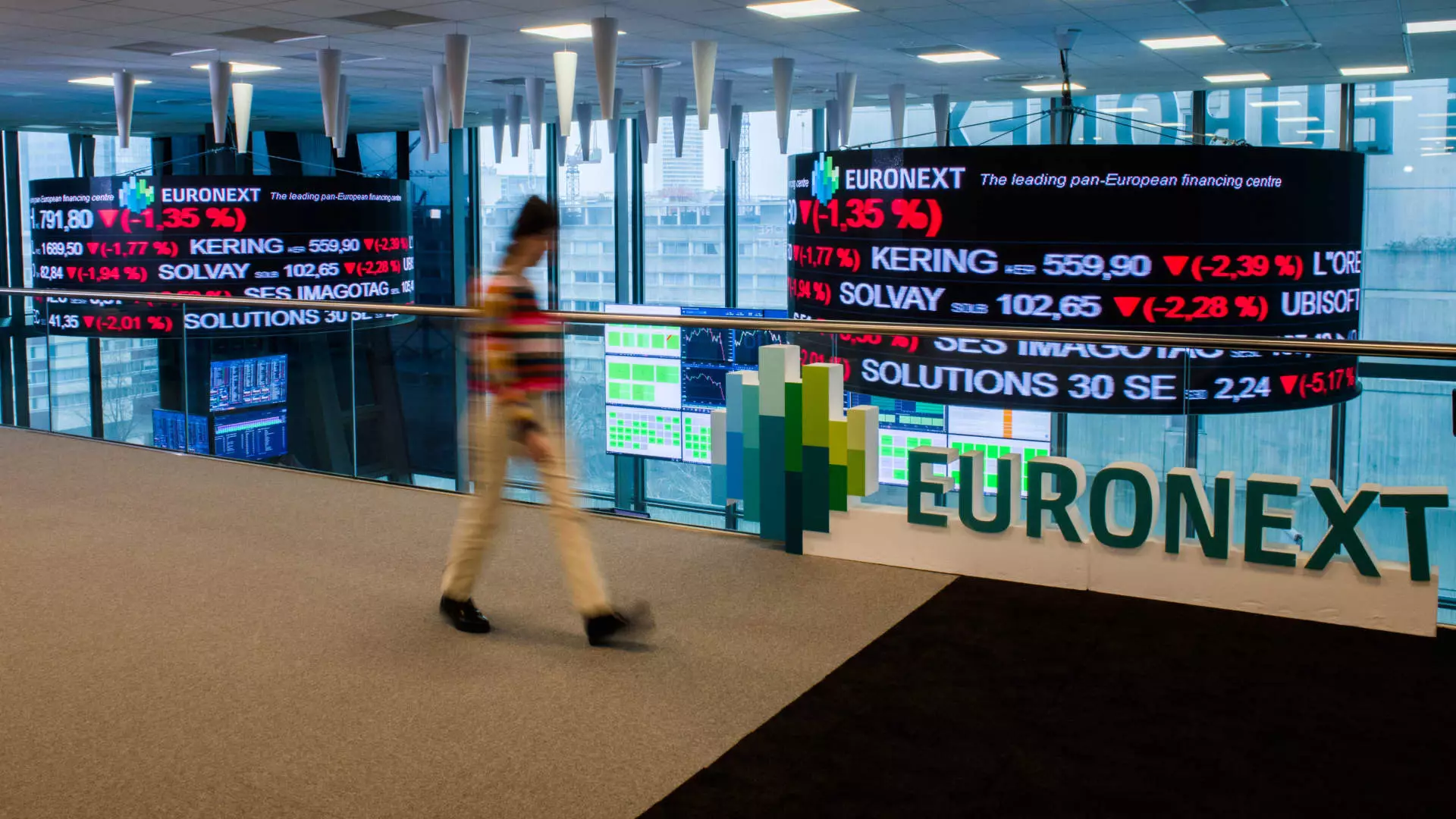The landscape of international equity markets is experiencing notable shifts as investors digest the implications of U.S. political developments. Recently, the election of Donald Trump as President sparked concerns among traders regarding the potential adverse effects on global stocks. While American indexes celebrated unprecedented highs, key exchange-traded funds (ETFs) focused on Asian and Latin American markets faced declines, showcasing a growing dichotomy in market performance.
Following Trump’s election victory, a critical examination of investor sentiment suggests a cautious approach toward international equities. Prominent ETFs, particularly those by iShares tracking markets like South Korea, Hong Kong, Taiwan, and Chile, witnessed significant drops. This downturn is particularly important as it underscores the sensitivity of global markets to U.S. economic policy directions, specifically trade tariffs. Trump has indicated intentions to impose a heavy tariff regime, suggesting a 20% tax on imported goods and up to a staggering 60% on products originating from China. Despite polling revealing minimal voter support for such measures, the implications of these policies could loom large over market dynamics, raising alarms for global investors.
The contrasting trajectories of U.S. and international markets present a troubling outlook for those with exposures outside American borders. While the Dow Jones Industrial Average recorded impressive gains, other regions faced a different reality, with the iShares Core MSCI Europe ETF shedding more than 2%. European markets, in particular, struggled in the wake of Trump’s electoral victory as uncertainties around potential trade policies began to surface. Observers are keen to note the implications for emerging markets, which are often more susceptible to the ramifications of U.S. monetary and fiscal policies. The iShares MSCI Emerging Markets ETF also reported declines, further emphasizing the existing vulnerabilities in these markets.
The Uncertain Future of Emerging Markets
Looking deeper into the data, emerging markets seem poised for challenges ahead. The anticipation of potentially retaliatory tariffs has left investors uneasy, further complicating the already tumultuous landscape for these economies. The recent rally of the U.S. dollar, hitting its highest point since July, could exacerbate these issues, making goods from emerging markets less competitive on the global stage. Analysts like Adam Turnquist from LPL Financial highlight the correlation between strong dollar performance and the adverse impact on international stocks, underscoring a broader trend of underperformance in non-U.S. markets.
In a counter-movement that offers some hope, the Global X MSCI Argentina ETF recently enjoyed gains, reaching a 52-week high. This uptick is closely tied to Argentina’s selection of President Javier Milei, a libertarian leader often compared to Trump, who promotes free-market policies. Such developments exemplify how political shifts can create unique market opportunities, even when the broader environment appears bleak.
While the avenues for investment in U.S. markets seem increasingly favorable, the global landscape remains complex and fraught with risks stemming from policy uncertainties. The implications of tariff policies and broader economic shifts necessitate careful consideration for investors eyeing international stocks. Only time will reveal how these dynamics will unfold in the interconnected world of finance.

